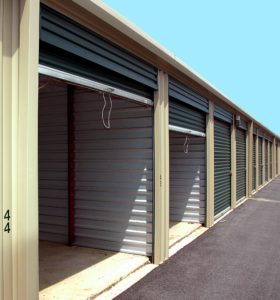 The US has more than 60,000 self-storage facilities in 2020. Even as global conditions change, you may need temporary storage for your belongings for many reasons.
The US has more than 60,000 self-storage facilities in 2020. Even as global conditions change, you may need temporary storage for your belongings for many reasons.
When you leave your possessions in a storage unit, what will you do if something happens to them? How will you protect yourself from an expensive loss?
Insurance for storage units gives you financial protection if a burglary, fire, or other event damage your possessions. Find out what you need to know to get a policy that meets your needs.
What Is Storage Unit Insurance?
Storage insurance covers your belongings while they’re in storage away from your home. It will help you repair or replace any of your property that is damaged or destroyed in storage.
Many storage facilities require you to have some type of insurance before you can rent a storage unit. Even if you don’t have to get insurance before you rent, it’s a smart way to protect your property. You also protect yourself from having to cover the costs of replacing anything that got damaged.
Where to Get Insurance for Storage Units
You have several options for buying storage insurance. You may already have coverage through your homeowner’s or renter’s insurance. You can also buy a separate policy.
Homeowner’s or Renter’s Insurance
Homeowner’s or renter’s insurance usually covers up to 10% of your policy limit for items in storage. For example, if the maximum value of your policy is $10,000, it will cover $1,000 for your belongings in a storage unit. Some policies will cover the full replacement value of your possessions if your home is unfit to store them.
If you need more coverage than your policy would provide, you can increase your coverage limit. You can also add endorsements or riders to your policy to cover expensive items like jewelry.
Keep in mind that if you file a claim on your renter’s or homeowner’s insurance policy, your premium may go up.
Self-Storage Facilities
Self-storage facilities often give their customers access to their own policies or to a preferred third-party insurer. Insurance from the storage company usually has a lower maximum than the coverage you would get through your homeowner’s or renter’s insurance. If your policy has a coverage limit of $10,000, the storage facility’s policy might only cover up to $5,000.
These policies often have a long list of exclusions. They generally don’t cover motor vehicles or high-value items. Jewelry, collectibles, title deeds, and other valuables are examples of what a storage facility policy is not likely to cover.
A policy from the storage facility usually won’t cover “missing” items. Anything that is missing from your storage unit without physical evidence of a break-in won’t qualify for reimbursement.
These policies often exclude some types of water, flood, earthquake and smoke damage. These are the most common threats to your belongings, so you may end up with a financial loss.
A policy from the storage unit may also exclude damage from insects, rodents, or other vermin. Be sure to check what the policy covers before you sign a contract.
Independent Provider
You can buy insurance for storage units from an independent third-party company. This option will take more research but really is simple and gives you the best value for your policy.
Just search for “Storage Insurance” and the top providers will be listed.
A company’s website will show you the types of policies they offer. Look for the option to get a free quote prior to submitting your information to save time and your privacy.
You may want to consult with an independent agent. This step can be especially useful if you plan to store a lot of belongings or if you have high-value items. An agent can review any policies you already have to see what the coverage is. The agent will recommend any additional coverage you might need.
Types of Damage that Storage Insurance Covers
All policies differ in the types of damage they cover. Most insurers will cover these things:
- Burglary
- Fire
- Tornado
- Wind
- Hail
- Lightning
Water damage and smoke are often not included. Pests, mold, and mildew are other types of damage that a policy may not cover.
Comparing Insurance Policies
When you’re trying to find the storage insurance coverage that best meets your needs, it can be hard to keep track of all the options. Here are some important factors to look at.
Monthly Premium
The first thing you want to know is how much you’ll be paying each month. The premium will vary depending on the coverage amount. The price also depends on what types of items and coverages the policy includes.
Deductible
A deductible for self-storage insurance is usually between $100 and $1000. A lower deductible means your monthly premium will be higher.
Coverage Limit
You need a policy that will cover the value of everything you plan to store. Make a detailed inventory with descriptions and actual value of your items. You can save time by making this list and taking pictures as you pack your belongings to take to storage.
Which Items Are Covered?
Find out what types of items the policy does and doesn’t cover. If you have anything that wouldn’t be covered, ask about adding a rider or endorsement. You should also ask if you need an appraisal for any high-value items.
Which Types of Damage Are Covered?
You also need to find out the kinds of damage the policy covers. If the policy excludes some types of damage, think about how likely that kind of event is to occur. For common sources of damage like smoke or water, ask about adding that coverage.
Mobile Storage Coverage
If you’re using a mobile storage solution, check to see if the policy covers this type of storage. Many insurers provide protection plans and not true insurance for mobile storage.
Policy Rules
Ask about any other rules or regulations in the policy you should know. Some insurance providers require you to submit an inventory and update it anytime the contents of your storage unit change. You might need to provide photos.
Finding the Right Storage Insurance Provider
Once you’ve compared policies from several insurance companies, you’re ready to buy storage unit insurance. SnapNsure offers policies with monthly premiums that can save you up to 50%.
Lower premiums don’t mean less coverage, though. We cover damage that other companies don’t, like water and smoke. You can add coverage for floods, rodents, named storms, and earthquakes. We offer insurance for storage units and for mobile storage.
Get a free quote and start protecting your belongings today.

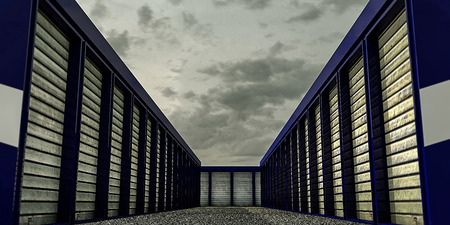
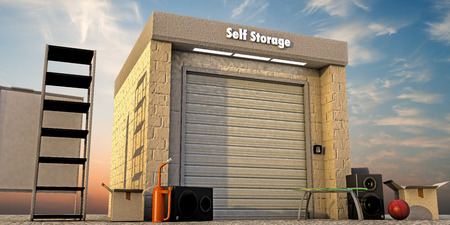

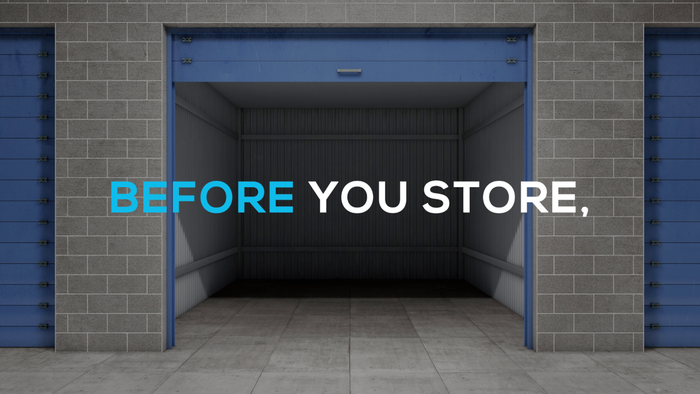
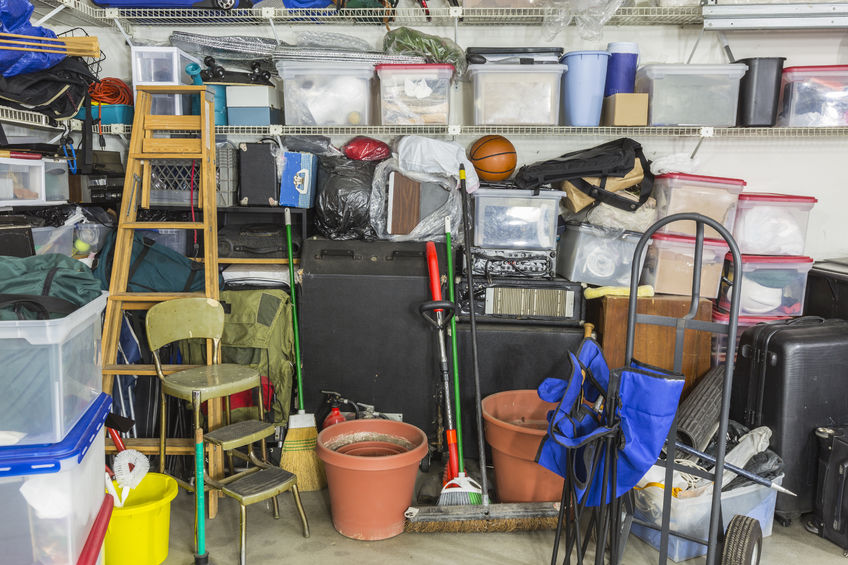
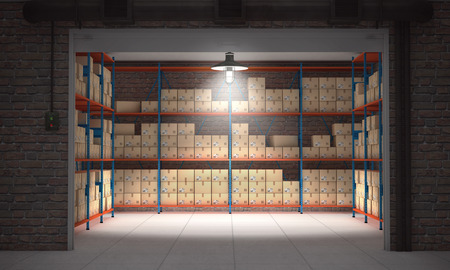



How long does it take to receive insurance check once it’s been paid